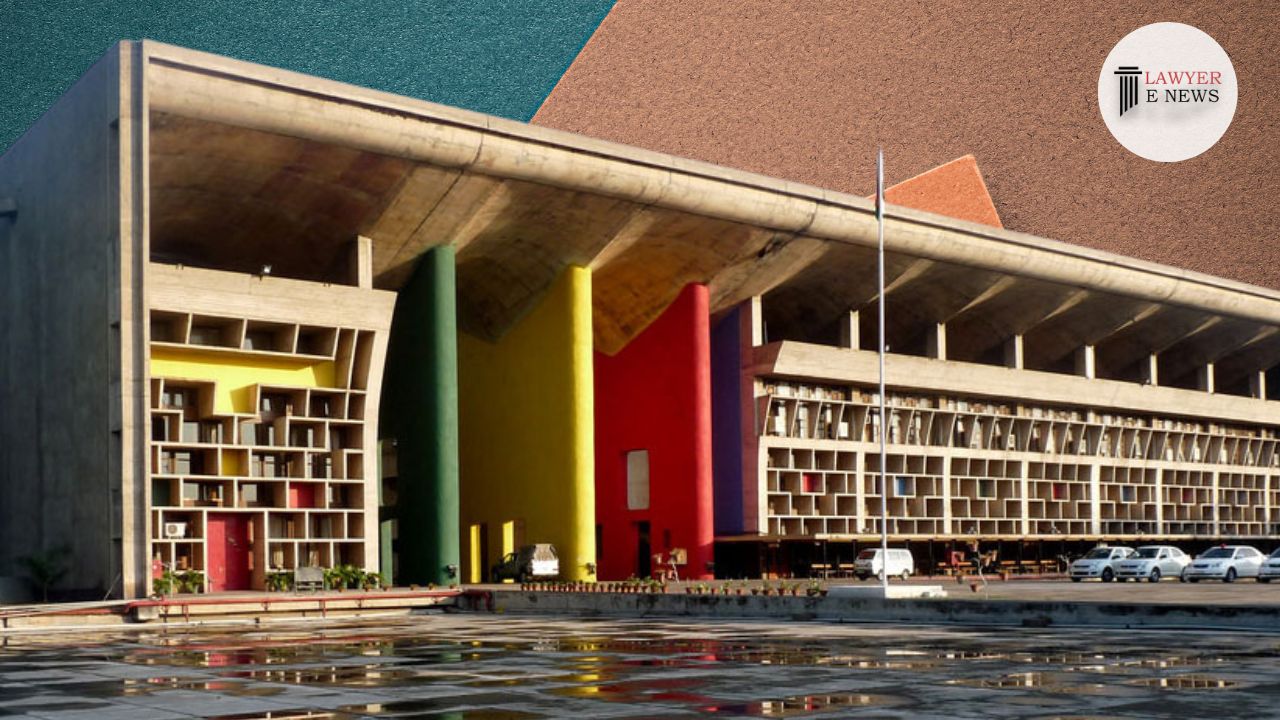-
by sayum
24 February 2026 8:35 AM



In a significant ruling, the High Court of Punjab and Haryana at Chandigarh has set aside the rejection of a convict's application for temporary release on parole. The court held that the rejection was based on mere conjectures and surmises, lacking sufficient grounds and violating statutory provisions.
The judgment was delivered by a bench comprising Hon’ble Mr. Justice B.S. Walia and Hon’ble Mr. Justice Lalit Batra on June 2, 2023. The petitioner, Avdesh Kumar, had sought the setting aside of the order passed by the District Magistrate, Sri Muktsar Sahib, rejecting his parole application.
Avdesh Kumar was convicted in a case under the Narcotic Drugs and Psychotropic Substances Act (NDPS Act) and was serving a rigorous imprisonment sentence of fourteen years. He had applied for temporary release on parole to meet his family members and attend to his household affairs.
The District Magistrate rejected his application, citing concerns that if released on parole, Avdesh Kumar might engage in the sale of drugs, negatively impacting the young generation, and potentially leading to a breach of peace. However, the court found that these grounds were based on conjectures and surmises, lacking any supporting material.
The court referred to Section 6(2) of the Punjab Good Conduct Prisoners (Temporary Release) Act, 1962, which specifies that a convict shall not be released on parole if their release is likely to endanger the security of the State or maintenance of public order. The court emphasized the need for proper consideration of grounds for rejection, requiring a material basis rather than mere apprehensions.
Citing previous judgments, including Bansi Lal vs. State of Punjab and others, Jatinder Singh vs. State of Punjab and others, and Paramjit Kaur vs. State of Punjab and others, the court reiterated that temporary release on parole could only be declined if it posed a threat to the security of the State or maintenance of public order. Mere contravention of the law or potential breaches of peace did not warrant rejection.
Based on its analysis, the court held that the rejection of Avdesh Kumar's application was legally unsustainable. It set aside the impugned order and directed the competent authority to reconsider the matter and pass necessary orders for his temporary release on parole for a period of eight weeks. The release would be subject to Avdesh Kumar furnishing necessary surety, maintaining peace and good behavior during the parole period, and surrendering back to jail upon its expiry.
This judgment serves as a reminder that parole rejections must be based on proper grounds supported by evidence, and mere apprehensions should not be used as a basis for denying temporary release to convicts.
Date of Decision: 02.06.2023
Avdesh Kumar vs State of Punjab and others
